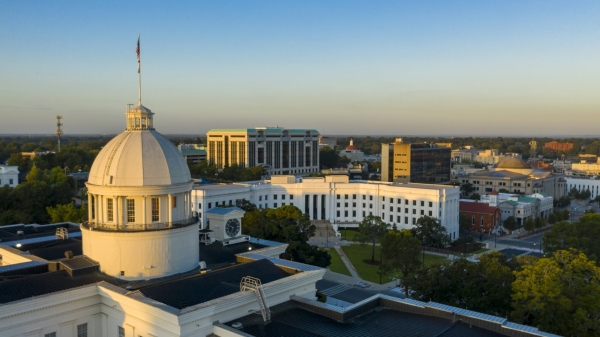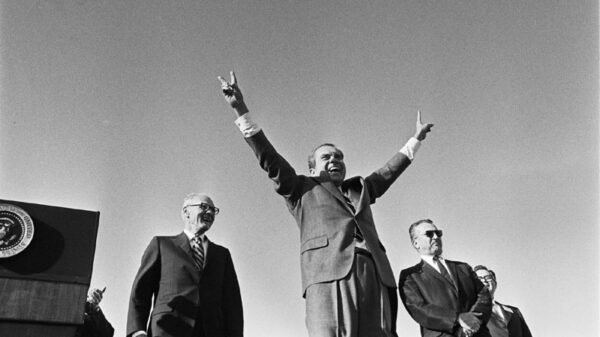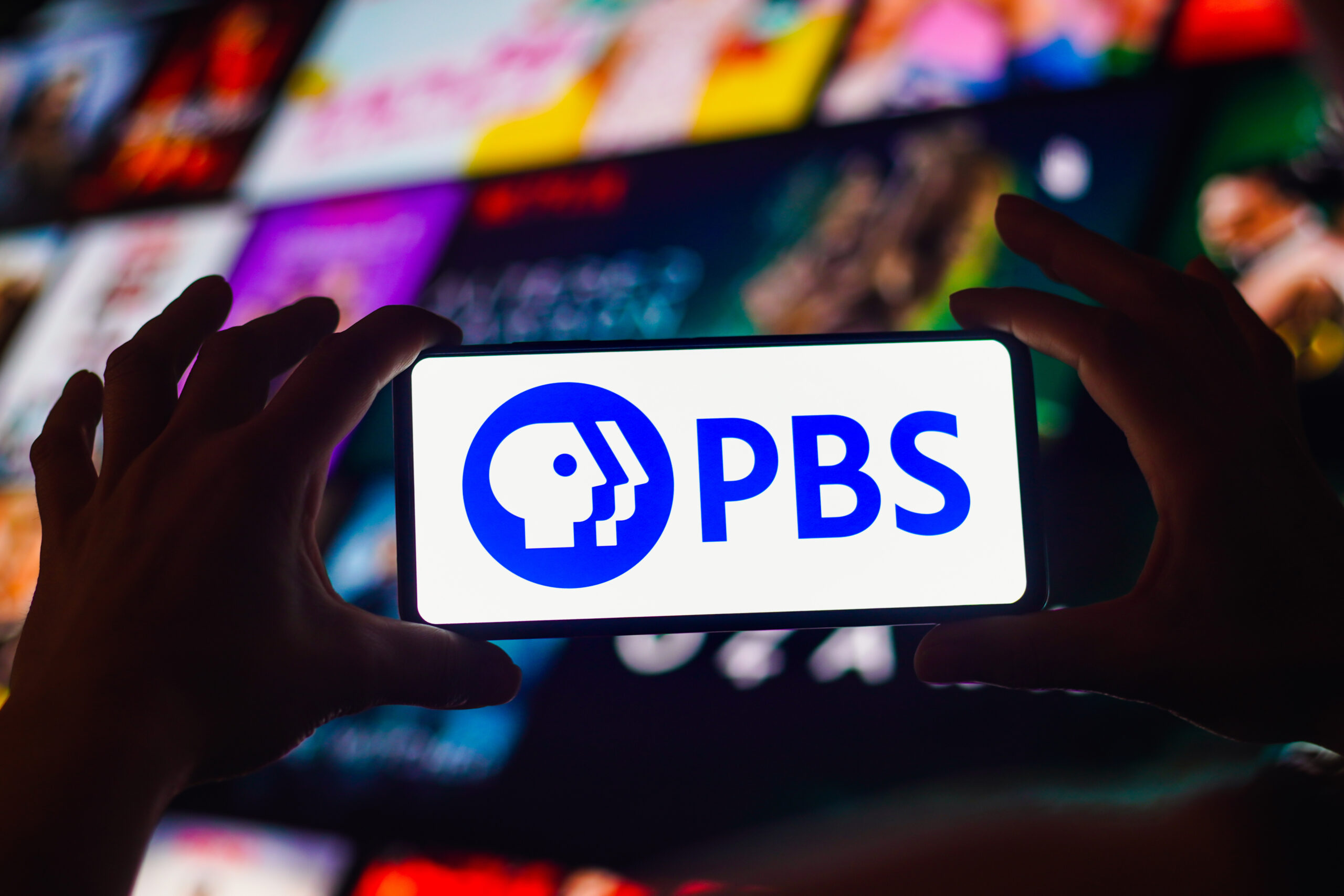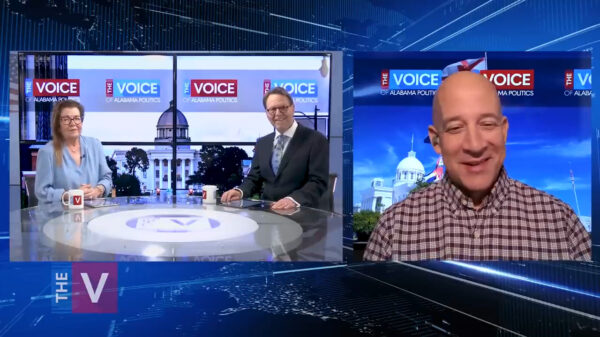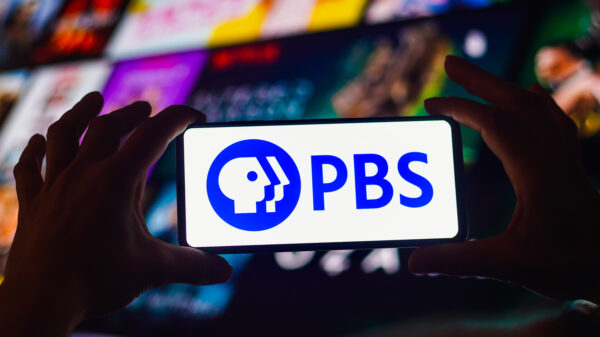Alabama has supported the Public Broadcasting Service through Alabama Public Television since 1969. Now, APT is considering breaking away from PBS and would be the first educational broadcast network to do so.
The discussion, which unexpectedly arose at a recent commission meeting, has raised concerns among staff and viewers who see PBS programming as essential to APT’s mission. Nearly 90 percent of APT’s current content originates from PBS, including children’s shows that promote early learning.
Supporters of the split cite political and financial concerns, while opponents warn that ending the relationship could lead to significant losses in programming, funding, and viewership.
Almost 90 percent of APT’s current schedule is from PBS.
APT officials have said that replacing that amount of content would be challenging and expensive, given the licensing costs of similar material. The network’s digital systems, video platform and cloud storage are also managed through PBS, meaning APT would need to rebuild much of its infrastructure before continuing operations independently.
Financial pressure is another key issue. APT lost nearly $3 million in grants after the federal government reduced funding to the Corporation for Public Broadcasting, which supports local public media stations nationwide.
Network leaders estimate that membership and donor revenue could drop by another $3 million if the PBS partnership ends, since many viewers contribute specifically to support national programming.
Some commissioners have voiced frustration with what they see as political bias in certain PBS news and public affairs programs, saying that continued affiliation could make it harder to secure state and federal support. Others maintain that most PBS content is nonpartisan and that educational programming constitutes the majority of what APT broadcasts.
Beyond political concerns, there are practical questions about what would replace PBS programming.
The network has reportedly explored other broadcasting, but it remains unclear what kind of educational or entertainment content those agreements would include. Without PBS, APT would also lose access to several locally streamed events, such as high school championship games, which rely on shared PBS systems.
APT’s leadership has stated that the board is gathering data on the financial and technical implications before making any final decision. Officials have emphasized that the process will likely take time, given the complexity of the network’s operations and its ties to national programming.
A public meeting scheduled for Nov. 18 at APT’s Birmingham studio is expected to include further discussion on the issue. Residents can share feedback through the station’s website or by calling its main office.
Whether the board chooses to maintain or end the partnership, the outcome will have lasting effects on Alabama viewers, especially those who depend on APT for educational programming, cultural coverage and community storytelling that have been key to the network’s mission.












